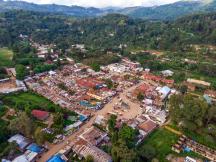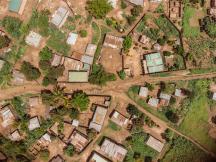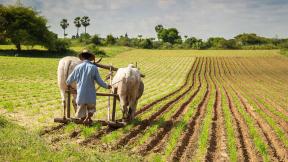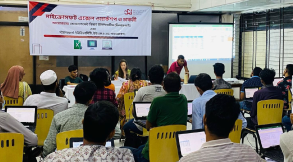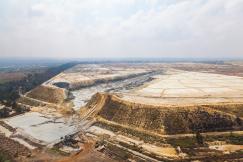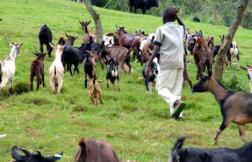Traditional communal land-use systems that lack private land ownership and documentation are common in low-income countries. The absence of deeds or titles for land generates imperfections in markets for land and amplifies frictions in credit markets. This paper quantifies the aggregate and distributional impacts of these frictions, as well as the role of their interaction. I develop a dynamic general-equilibrium model that incorporates imperfections in both land and credit markets, linked via the use of collateral in the economy. Micro-level data from Tanzania discipline the model and let me show that substantial frictions in land and financial markets affect resource allocation and economic effciency in agriculture. Using the model to simulate a reform that privatizes land holdings, I find that such a reform increases agricultural and non-agricultural output by 7.4% and 8.2%, respectively. The reform reduces the share of households employed in agriculture by 8.6% and encourages financial inclusion. I also show, that while financial reform could deliver comparable aggregate effects, land reform is more pro-poor and reduces consumption inequality. At the same time, the presence of multiple frictions in the connected markets limits the positive impact of any reform that eliminates imperfections in only a single market.
STEG Working Paper Series
• Research Theme 3: Agricultural Productivity and Sectoral Gaps,
Cross-Cutting Issue 3: Inequality and Inclusion
Land Property Rights, Financial Frictions, and Resource Allocation in Developing Countries
Kristina Manysheva
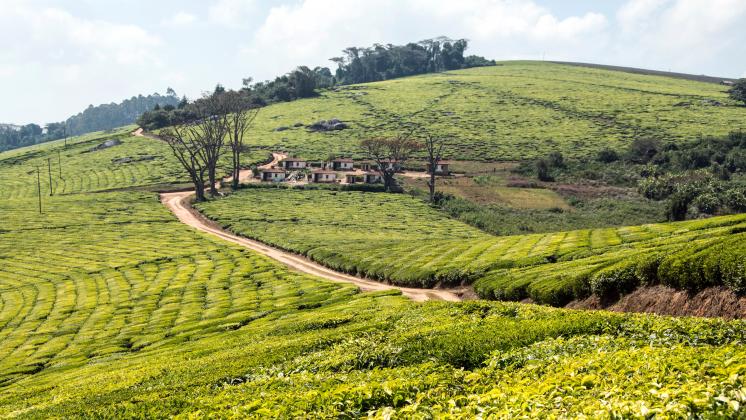
Related content




















